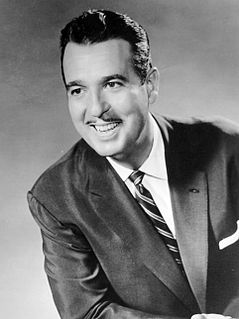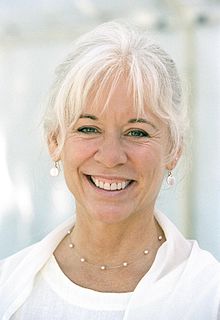A Quote by Tennessee Ernie Ford
Know yourself -- and know your audience.
Quote Topics
Related Quotes
Meditation is a journey to know yourself. Knowing yourself has many layers. Start knowing your bodily discomforts. Know your success, know your failures. Know your fears. Know your irritations. Know your pleasures, joy and happiness. Know your mental wounds. Go deeper and examine every feeling you have.
Get to know yourself. Know your own failings, passions, and prejudices so you can separate them from what you see. Know also when you actually have thought through to the nature of the thing with which you are dealing and when you are not thinking at all... Knowing yourself and knowing the facts, you can judge whether you can change the situation so it is more to your liking. If you cannot--or if you do not know how to improve on things--then discipline yourself to the adjustments that will be necessary.
To write poetry, like sincere poetry, it is like performing heart surgery on yourself without anesthesia...in public...You are peeling back layers. You are dissecting yourself...You do not know what they [the audience] is going to do when you reach into yourself and rip out your organs to be displayed
Fear comes from uncertainty; we can eliminate the fear within us when we know ourselves better. As the great Sun Tzu said: “When you know yourself and your opponent, you will win every time. When you know yourself but not your opponent, you will win one and lose one. However, when you do not know yourself or your opponent, you will be imperiled every time.
An audience will let you know if a song communicates. If you see them kind of falling asleep during the song, or if they clap at the end of a song, then they're telling you something about the song. But you can have a good song that doesn't communicate. Perhaps that isn't a song that you can sing to people; perhaps that's a song that you sing to yourself. And some songs are maybe for a small audience, and some songs are for a wide audience. But the audience will let you know pretty quickly.

































